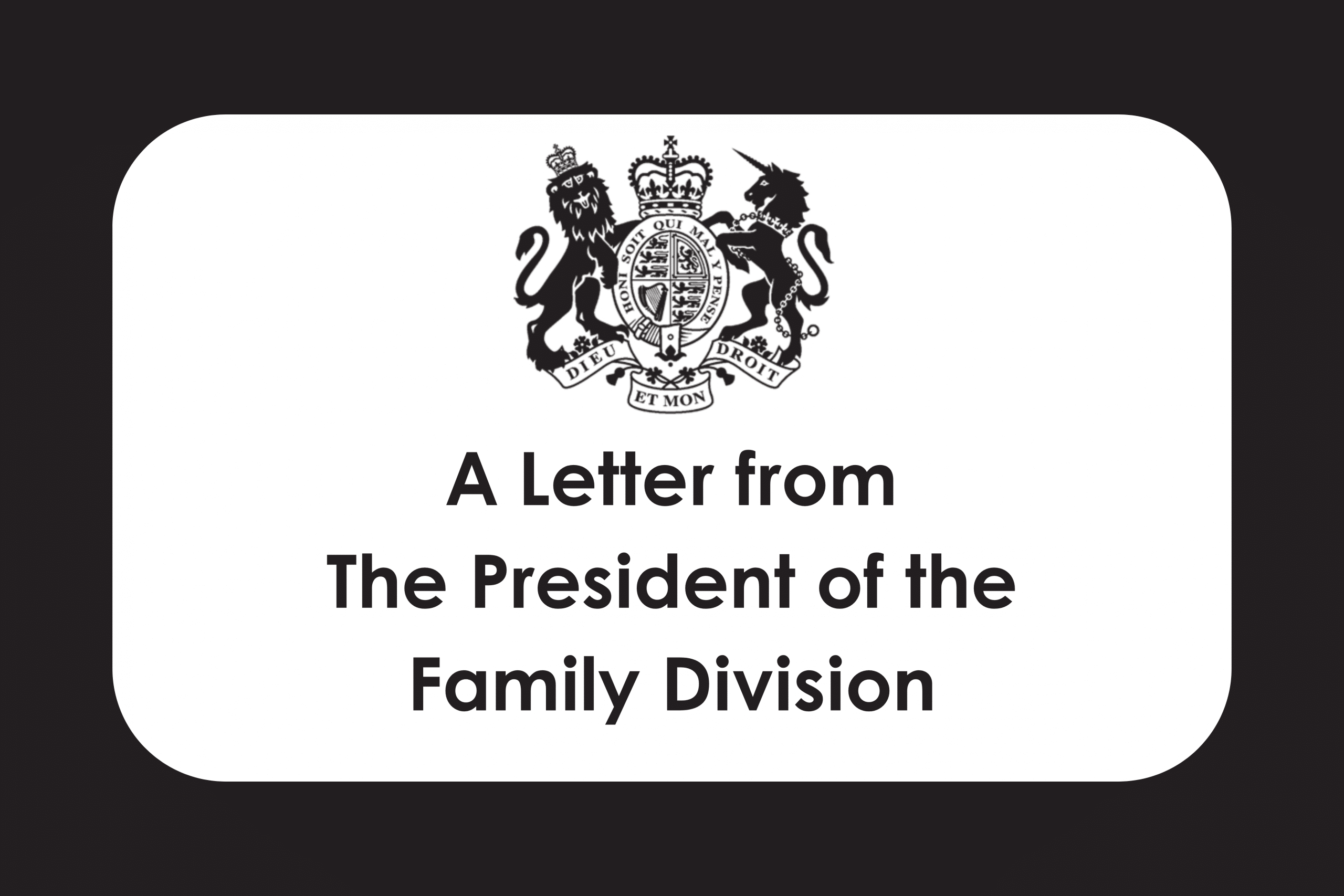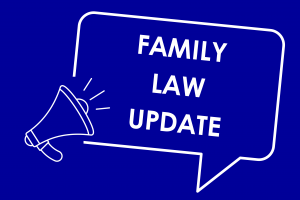When making a financial remedy application, you will now receive a letter from The Right Honourable Sir Andrew McFarlane – the President of the Family Division and the most senior judge in the family courts of England and Wales. The purpose of his letter is to encourage the use of non-court dispute resolution to reach an agreement outside of the court arena.
Parties are now being asked to contact the court if they believe the person making a court application has not properly attempted to reach an agreement using other methods. This is really key as unfortunately, there are many cases where court applications are unnecessarily issued, placing a strain on the other person and the court system.
Why does the court encourage agreement?
The letter makes it clear that resolving disputes outside the courtroom is often faster, less stressful, and more cost-effective than pursuing a contested order. Key points include:
– Time Efficiency: Court proceedings typically involve multiple stages with months between each hearing.
– Cost Savings: Legal expenses can escalate in contested cases, and the court may even require one party to cover the other’s costs if their approach is deemed unreasonable.
– Control Over Outcomes: Reaching an agreement allows both parties to maintain control over their financial future rather than leaving it in the hands of a judge.
What is NCDR?
Non-court dispute resolution (NCDR) refers to methods that help resolve disputes without litigation. The letter highlights just a few of the variety of approaches:
1. Collaborative Law: Solicitors working with each other to facilitate an agreement on behalf of their respective clients.
2. Neutral Evaluation: An impartial assessment of what a court might decide, helping parties reach a consensus.
3. Arbitration: The parties agree to be bound by a decision made by an arbitrator, who is usually a senior lawyer, without the need for court proceedings.
You can read more about NCDR in our blog here.
What if it’s not safe for me to try NCDR?
In cases involving safety concerns, such as domestic abuse, the court acknowledges that NCDR may not be appropriate. Here, the judge will consider protective measures to ensure fairness and safety.
I’ve already tried NCDR
If you have already taken steps to try and resolve matters then unfortunately a court application can be the only way forward. The court acknowledge this and within Sir Andrew McFarlane’s letter he helpfully sets out the various stages of proceedings.
The court’s focus on NCDR reflects a broader shift towards resolving family disputes collaboratively and amicably. If you’re facing a financial remedy application, consider the benefits of exploring these options with our guidance.
Need help navigating NCDR options? Our experienced family law team is here to discuss the methods that might work best for you.
Contact us today using the links below to arrange an appointment.




